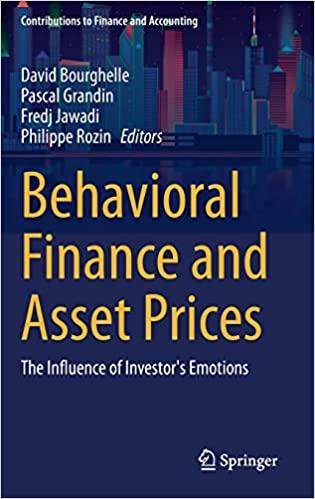

QUESTION 3 Who are the participants in these financial markets? Section 2-3 of your textbook describes different traders and their purpose. This section also has some Concept Clips and Tables with examples. The next several questions will focus on the material presented in this section. It is worth taking some time to carefully review the text, clips, and tables. We are learning this because it is important to understand who is trading what. Hedge Funds and retail investors are heavily involved in the current short interest phenomenon in equity markets. I want you to at least have some idea of what these market participants do before you form an opinion about financial markets rules and policies. Let's start with some defintions. Match each of the Financial Intermediaries to the best fitting description K Investment Bank A. Association with members that have a common bond with often favorable lending and investing terms D. Commercial Banks Example: Texas Tech Federal Credit Union - Financial Services Corporation B. Pool of money for high net-worth investors. Less strategy restrictions than mutual funds and more risk. High management fees A Credit Union Example: Citadel Pension Fund C. A pool of funds that are traded on an exchange (no need to go through a broker) and often mimic an Insurance companies index of stocks, but at a lower price - Mutual Funds Example: SPDR Exchange Traded Funds D. Collect savings of individuals and small businesses and lend these to other individuals and businesses Hedge Fund Example: City Bank, Happy State Bank, Plains Capital Bank - Private Equity, Venture Capital E. Retirement plans funded by corporations or governments. These are often invested in stocks bonds Private Equity: Leveraged Buyout and real estate with the intent that they grow for future payout committments F. A pool of money that is managed by a manager (actively or passively) according to a clearly stated investment goal. These have risk and trading restrictions and can only be invested in through a broker G. Financing of established firms that typically have not been performing well H. Lending and financing of business, provides credit to customers, not a commerical bank 1. Financing of start-up companies Example: Google (a long time ago) J. These firms collect premiums and pay out claims. Premiums are regulary payments to the firm because the firm is providing down-side loss protection K. Banks that help companies and governments raise money and also provide advisory services for major transactions likes mergers and IPOs examples: Goldman Sachs, JPMorgan Chase, Deutsche Bank QUESTION 4 Section 2-2bof your textbook gives an overview of the changing market environment, including a description of Derivative Contracts (all the vocab in this chapter is worth remembering for your quiz). You might give this section a light read-over. But I want to turn your attention to an educational video that is a good use of 15 minutes. It is produced by CME Group (a U.S. trading platform) and is a favorite of mine. It explains many topics covered in this chapter in one nice 15 minute video. Give it a watch and match the definitions below. (CME Video Link) - optional, but strongly recommended As the price of an item goes up. As the price of a product goes down.. More demand and less supply. More supply adn less demand A contract to buy or sell something at a future date This type of trader uses futures contracts to avoid risk and get protection from price swings This type of trader accepts risk and seeks profit from price swings This type of financial intermediary is made of funds from sophisticated investors and executes strategies sometimes involving relatively high levels of risk. In one second a electronic transaction can... The more trading, or liquidity, there is in a particular market A. the price goes down B. Speculator C. suppliers are willing to make more of it D. the easier it is to find someone to buy what you are selling E. Hedger F. Hedge Funds G the price goes up H. Circle the world four times 1. ...more people are willing to buy it J. Futures Contract








